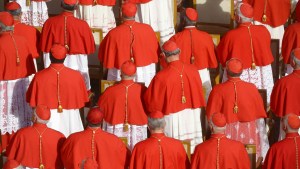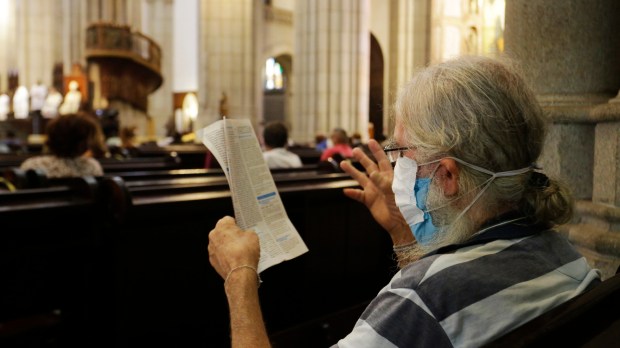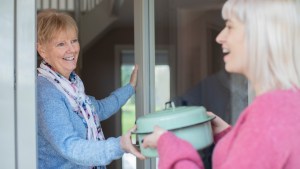Lenten Campaign 2025
This content is free of charge, as are all our articles.
Support us with a donation that is tax-deductible and enable us to continue to reach millions of readers.
Texas voters passed a state constitutional amendment that would ban governments from imposing restrictions on religious services and organizations. Proposition 3 garnered 63% of the vote in Texas on Election Day.
Proposition 3 was one of eight ballot questions accepted by voters. Each was passed earlier by the Texas State Legislature but required voter approval.
The houses of worship proposal was seen as part of a backlash against state-imposed restrictions on churches to stem the spread of COVID-19. Supporters say its purpose is to reinforce federal First Amendment protections, while critics say it could hamper efforts to protect public health in case of another surge in COVID, or other emergencies.
From early on in the pandemic, most houses of worship in the United States complied with local health departments’ recommendations on limiting gatherings. After churches could begin receiving congregations again, many restrictions remained in place, such as limiting attendance to a certain percentage of capacity, enforcing social distancing, mask-wearing, and disinfecting, and stopping certain religious practices that could be more likely to spread the virus, such as receiving Communion from a common cup.
Some restrictions were seen as too draconian, however, such as one in Washington, D.C., that would have permitted only a handful of people to gather in a church, even if it was as large as the Basilica of the National Shrine of the Immaculate Conception, which seats thousands.
In February, the United States Supreme Court struck down the State of California’s ban on indoor religious gatherings in houses of worship during the COVID-19 pandemic, saying the restrictions violated the Constitution’s protection of the free exercise of religion.
Another Texas amendment related to the pandemic that passed this Tuesday was Proposition 6, which allows certain residents of nursing homes and care centers to choose one person to serve as their caregiver and receive visitation privileges. At the beginning of the pandemic, visitors had been barred from entering nursing homes and assisted living centers.



